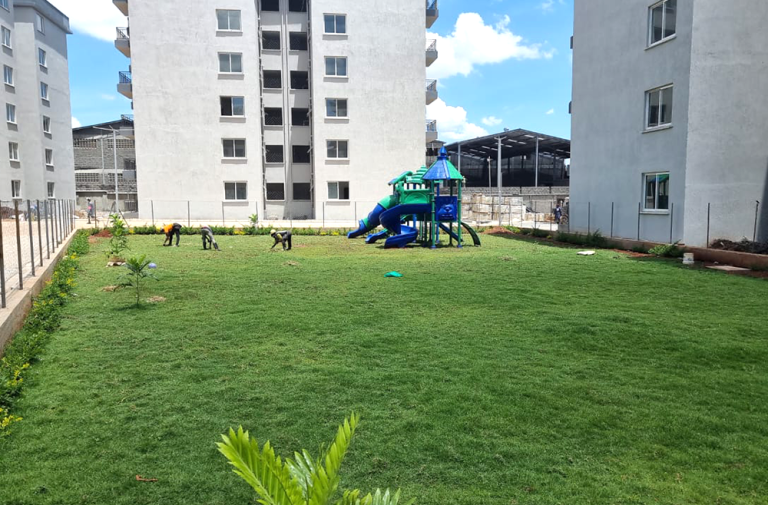Checklist for obtaining a mortgage in Kenya
Here’s a checklist of qualifications for obtaining a mortgage in Kenya:
1. Age Requirement
- Minimum age: 18 years.
- Maximum age at loan maturity: Often 60-65 years.
2. Proof of Income
- Demonstrate consistent income through employment or business.
- Employed individuals: Usually need pay slips, employment letter, and bank statements (usually for the past six months).
- Self-employed: Financial statements, audited accounts, and tax returns (commonly for the past 1-3 years).
3. Credit History
- Good credit history, usually checked through Credit Reference Bureaus (CRBs) in Kenya.
- Banks assess your ability and willingness to repay based on your credit score and history.
4. Debt-to-Income Ratio
- Banks typically require that your monthly mortgage payments do not exceed 40% of your net income.
- Other debts are also factored in to ensure you aren’t over-leveraged.
5. Down Payment
- Most lenders require a down payment, usually around 10-30% of the property’s value.
- Some banks offer 100% financing, but this is rare and may come with higher interest rates.
6. Proof of Identification
- Kenyan citizens: National ID card.
- Foreign nationals: Valid passport and possibly work permits.
7. Property Valuation and Survey Report
- The bank will require an independent valuation of the property to ensure it matches the sale price.
- In some cases, a survey report may also be required, especially for land mortgages.
8. Legal Documentation
- Title deed or lease agreement for the property.
- Sale agreement between the buyer and the seller.
9. Bank-Specific Requirements
- Some banks may have additional requirements, such as insurance coverage, a minimum income threshold, or special requirements for foreigners.
10. Work Experience (for Employed Applicants)
- Employed applicants may need proof of continuous employment, often at least 1-2 years with the current employer.
11. Residency Status (for Foreign Nationals)
- Banks may have specific mortgage products or restrictions for non-Kenyan residents.
- Foreign nationals might need a Kenyan co-borrower or sponsor.






